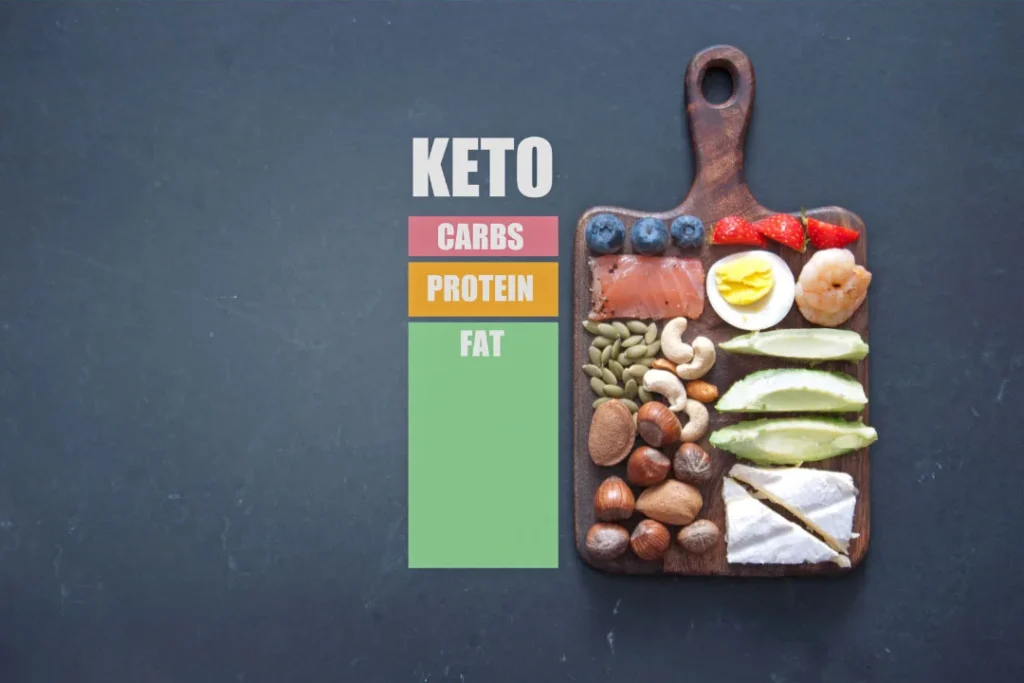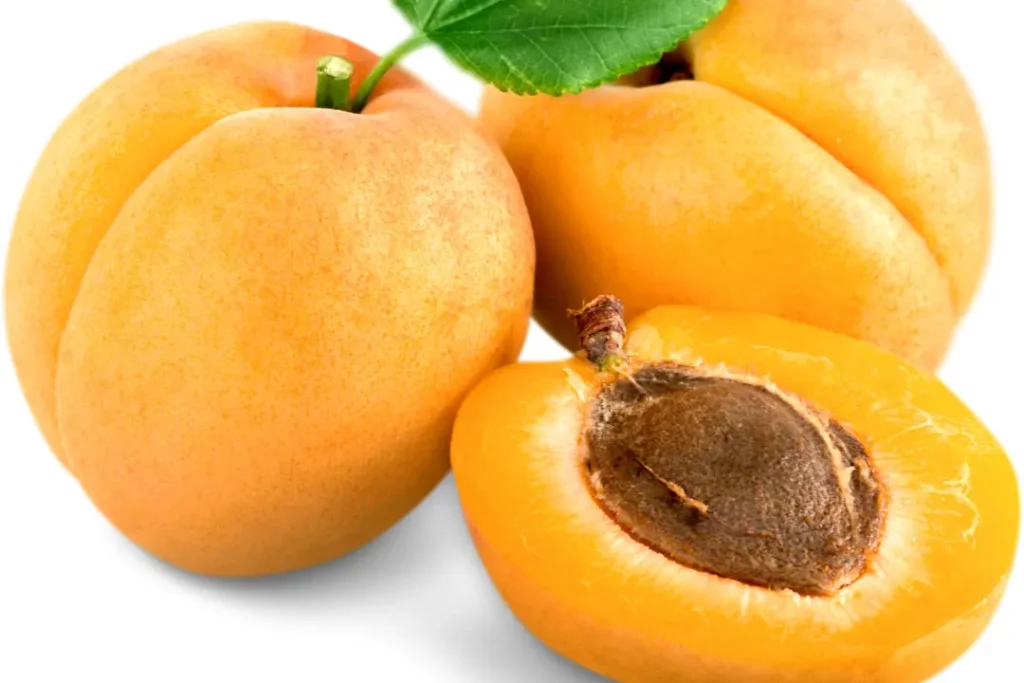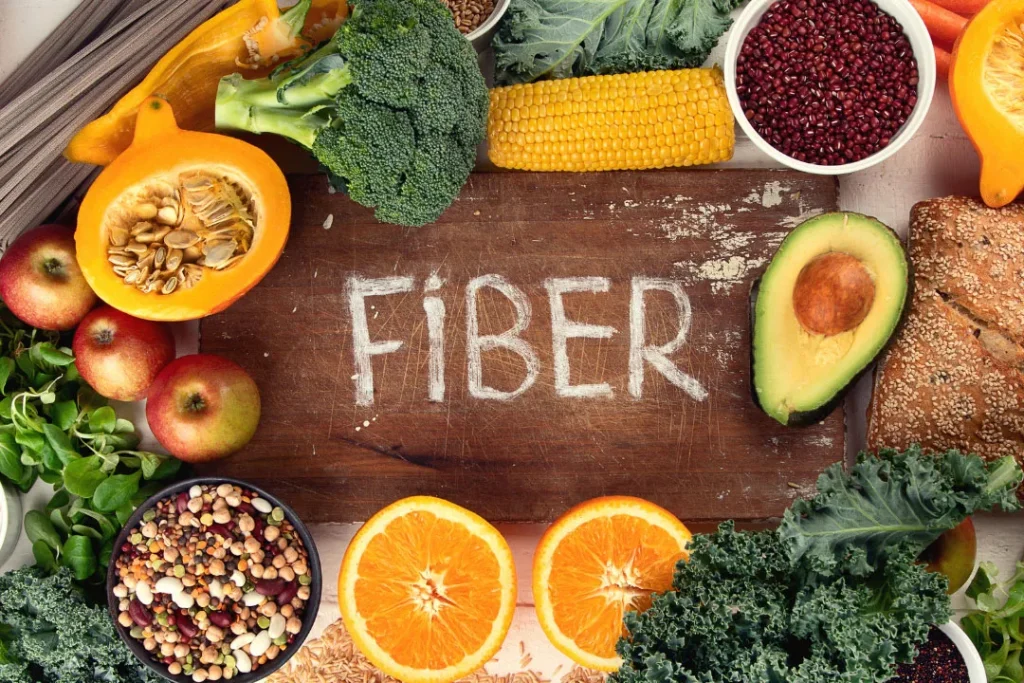Healthy Truth Proves that Plant-Based Snacks and Supplement Powders Can Be Delicious – to the Delight of Health-Conscious Consumers
The healthiest foods in the world won’t do any good if nobody eats them – and many people refuse to eat anything that doesn’t taste good. That’s why Healthy Truth products are formulated to taste great and provide excellent nutrition at the same time.
Healthy Truth is a Massachusetts-based company on a mission to create “the most delicious and healthy snacks the world has ever tasted.” It has won awards and received recognition for doing just that, combining great flavors with high-quality snacks and supplements made from organic, non-GMO nuts and berries that are minimally processed. Their product line features many all-natural snacks that fit perfectly into a healthy diet, with names such as Crunch Time, Life’s Nuts, Energy Squared, and Nothing But the Fruit.
Healthy Truth Proves that Plant-Based Snacks and Supplement Powders Can Be Delicious – to the Delight of Health-Conscious Consumers is an original (OptimalPerformanceLiving) article.
The award-winning company started in a home kitchen with a single dehydrator. The superfood snacks the company’s founders produced were organic, plant-based, keto, gluten-free, dairy-free, raw, and uniquely seasoned nuts and dried fruits. Many of their snacks featured such ingredients as dates, figs, coconut, almonds, and sunflower seeds – a smorgasbord of healthy ingredients to enhance a natural, healthy diet.
Healthy Truth is among many companies competing in the plant-based snacks market, projected to grow from $49.5 billion in 2023 to $77.9 billion in 2030 – a compound annual growth rate of 7.85 percent. Market reports show that the demand for plant-based snacks increases as customers’ eating preferences move toward wholesome, natural foods and components. High nutritional value ingredients such as fiber, minerals, protein, and other naturally occurring qualities entice customers to buy these products in greater quantities than ever before.
Experts believe the market for plant-based snacks will continue to expand as some major industry players invest large amounts of money in research and development to increase the scope of their product offerings. In addition, market participants are releasing new products, signing contracts, buying businesses, boosting investments, and collaborating with other organizations to broaden their reach. Competitors in the plant-based food industry are attempting to provide products at competitive prices because they want to develop and prosper in a market that is expanding and becoming more competitive.
One of the primary business strategies manufacturers use in the plant-based snack market to serve their consumers and expand their market sector is local manufacturing to reduce operating costs. Recently, some of the most important medical breakthroughs have come from the plant-based food industry.

One of the driving factors in this market’s growth is the increasing popularity of healthier lifestyles such as veganism. Veganism is stricter than vegetarianism because it bans dairy, eggs, and other foods derived from animals. The Vegan Society now refers to veganism as a lifestyle that makes every effort to avoid harmed or exploited animals. According to projections, the vegan sector will expand dramatically due to the global trend toward veganism among athletes and celebrities. Several organizations asserted that there were more vegans than ever before.
Another reason the plant-based snack market is expected to grow rapidly is the downturn it experienced during COVID-19. The manufacture of various end-user companies was put on hold during the lockdown, which reduced demand for the plant-based snacking sector and, consequently, sales revenue. Profit margins decreased because of the severe impact on supply chain networks. But with careful planning based on consumer demand, the market for plant-based snacks is projected to bounce back from this global pandemic in the upcoming years.
One sub-section of the plant-based snack market, plant-based snack bars, is expected to grow even faster than the market as a whole. Through 2030, the snack bar sector has an anticipated compound annual growth of 10.7 percent, which might be attributed to the plant-based snack bars’ many health benefits. The market is growing due to increasing consumer demand for cookies, meatless snacks, and snack bars made from plants. Demand for snacks made of cereal is increasing as vegan diets become more and more well-liked.
The organic plant-based snack market is also anticipated to expand significantly throughout the forecast period. Organic food consumption is increasing more than synthetic food consumption due to global trends in health and fitness. Organic fruit is grown and prepared without the use of conventional pesticides, fertilizers, genetically modified organisms, sewage sludge, irradiation, artificial flavors, colors, or preservatives.

Almost 80 percent of the total revenue in the plant-based snack market was generated through the store-based distribution channel segment in 2022, which dominated the market. The section of store-based distribution channels includes supermarkets, hypermarkets, specialty stores, and convenience stores. Due to a noticeable increase in the number of supermarkets and hypermarkets, the overall sales of vegan snacks have increased. Online sales may increase their market share as many companies now offer their products directly to consumers, often with subscription deals that lower their prices.
Whatever the point of purchase, any snack food’s success is dependent on the quality of its taste, and the improvements made in plant-based products are a key element of their growing success. That’s the impetus behind companies such as Healthy Truth, which relies on its chief creative officer, Bruce Namensen, to develop combinations that appeal to the general public and those with health concerns.
Namensen says one thing that separates his products from many others on the market is using a unique method for sprouting the nuts and seeds used in their snacks. While most manufacturers roast these ingredients at high temperatures that change their flavors and nutritional values, sprouting is a three-to-four-day process that involves soaking the nuts and seeds in triple-filtered water to activate live enzymes (making them easier to digest) and then dehydrating them at very low temperatures to protect the integrity of their vital nutrients. Namenson then blends other ingredients, such as cacao, dates, and dried apricots, to make a tasty concoction that he believes will be popular in the snack marketplace.

“I try to make it for somebody who might gravitate toward something that’s not so healthy, so when they try it, they realize they can get enormous flavor out of something that’s raw and sprouting,” Namenson says. “People snack an average of two or three times a day, and if you want to get the most out of a snack, you need to find something that will fuel your body.”
Nutritionists say that many of the typical snack foods lack good nutrients. Instead, they contain what they call “empty calories” that add to people’s weight problems without offering anything of real value. For example, seemingly innocent snacks, such as granola bars, flavored yogurts, or even crackers, contain significant amounts of added sugar. Lots of populist snacks also have large amounts of sodium, which can lead to high blood pressure, kidney problems, and an increased risk of heart disease. Trans fats, also known as partially hydrogenated oils, are another ingredient of many snacks that can cause significant health problems if consumed in large quantities.
On the other hand, plant-based snack foods avoid these undesirable ingredients and feature essential nutrients like vitamins, minerals, and fiber. They provide a balance of macronutrients, such as proteins, healthy fats, and complex carbohydrates. Snacks should be an enjoyable part of our daily routine, but knowing what nutrients they provide is crucial.

About
Optimal Performance Living is a digital publication.
Important Note: The information contained in this article is for general informational purposes only, and should not be construed as health or medical advice, nor is it intended to diagnose, prevent, treat, or cure any disease or health condition. Before embarking on any diet, fitness regimen, or program of nutritional supplementation, it is advisable to consult your healthcare professional in order to determine its safety and probable efficacy in terms of your individual state of health.
Regarding Nutritional Supplements or Other Non-Prescription Health Products: If any nutritional supplements or other non-prescription health products are mentioned in the foregoing article, any claims or statements made about them have not been evaluated by the U.S. Food and Drug Administration, and such nutritional supplements or other health products are not intended to diagnose, treat, cure, or prevent any disease.
